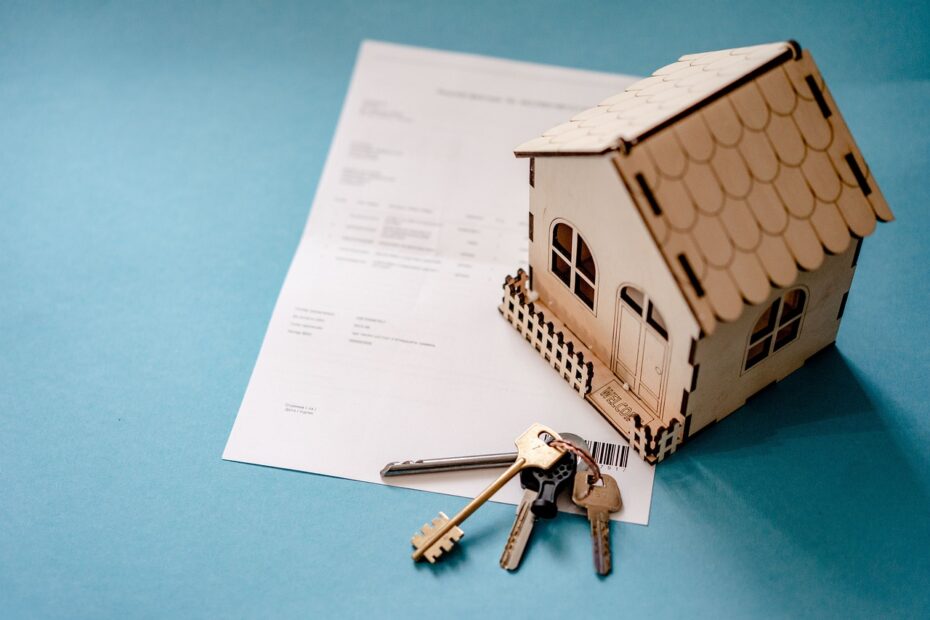Your credit score is one of the most important factors when applying for a home loan. A higher credit score not only improves your chances of getting a loan approved, but also helps you secure lower interest rates, better terms, and a higher loan amount.
If you’re planning to buy a home in the near future, now is the time to improve your credit score. In this detailed guide, you’ll learn what a credit score is, how it affects your home loan, and simple, effective steps to boost your score before applying.
🧾 What Is a Credit Score?
A credit score is a 3-digit number (typically between 300 and 900 in India) that reflects your creditworthiness. It is calculated by credit bureaus like CIBIL, Experian, Equifax, and CRIF High Mark based on your credit history.
👉 A good credit score:
-
Starts from 750 and above
-
Shows lenders that you’re a responsible borrower
-
Increases the chances of your home loan being approved
-
May help you get lower interest rates
💡 Why Your Credit Score Matters for a Home Loan
Before approving your home loan, lenders check your credit report to assess risk. A poor score can lead to:
-
Loan rejection
-
Higher interest rates
-
Lower loan amounts
-
Need for a co-applicant or collateral
A high credit score can help you:
-
Qualify for pre-approved offers
-
Get faster approval
-
Negotiate better terms
📈 How to Check Your Credit Score
You can check your credit score for free once a year from the following credit bureaus:
Checking your score regularly helps you track your progress and spot any errors early.
🛠️ How to Improve Your Credit Score Before Applying for a Home Loan
Here are 10 proven strategies to improve your credit score and get home loan-ready:
1. Pay Your EMIs and Credit Card Bills on Time
Payment history is one of the biggest factors in your credit score. Even a single missed payment can hurt your score.
✅ Tip:
-
Set auto-debit for EMI and card payments
-
Always pay the full amount, not just the minimum due
2. Reduce Your Credit Card Utilization Ratio
The credit utilization ratio is the percentage of your credit limit you use. Keeping it below 30% is ideal.
✅ Example: If your credit limit is ₹1,00,000, try not to spend more than ₹30,000 in a billing cycle.
✅ Tip:
-
Increase your credit limit
-
Use multiple cards to distribute expenses
3. Avoid Applying for Multiple Loans or Cards in a Short Time
Every time you apply for credit, a hard inquiry is made on your report. Too many inquiries can lower your score.
✅ Tip:
-
Avoid multiple applications within 3–6 months of a home loan application
4. Maintain a Healthy Credit Mix
A mix of secured loans (like home or car loans) and unsecured loans (like credit cards or personal loans) shows financial stability.
✅ Tip: If you’ve only used credit cards, consider taking a small consumer durable or gold loan and repay it on time to build your profile.
5. Keep Old Credit Cards Active
The age of your credit history impacts your score. Older accounts improve your score.
✅ Tip:
-
Don’t close your oldest credit card, even if you don’t use it regularly.
-
Use it for small purchases and pay them off fully.
6. Dispute Errors in Your Credit Report
Sometimes, incorrect information or outdated data can pull your score down.
✅ Tip:
-
Check your credit report regularly
-
If you spot an error, raise a dispute with the credit bureau immediately
7. Avoid Overleveraging or Taking Too Much Debt
Lenders consider your debt-to-income ratio before approving your home loan. High existing debt may reduce your eligibility.
✅ Tip:
-
Pay off smaller loans or consolidate debts before applying for a home loan
8. Make Part-Payments on Existing Loans
Reducing your outstanding loan balance by making part-payments shows strong repayment behavior and lowers your overall debt burden.
✅ Tip:
-
Use annual bonuses or savings to part-pay existing loans
-
This will improve both your score and your loan eligibility
9. Become a Co-Borrower Only If Necessary
Being a co-borrower or guarantor on someone else’s loan can impact your credit score if they default.
✅ Tip:
-
Avoid becoming a co-signer unless you’re sure about the other person’s repayment capacity
10. Be Patient and Consistent
Improving your credit score is not an overnight task. It takes 3 to 6 months of consistent financial discipline to see a noticeable improvement.
✅ Tip:
-
Start working on your credit score at least 6 months before applying for a home loan
📊 Ideal Credit Score for a Home Loan
| Credit Score | Loan Approval Chances | Interest Rates |
|---|---|---|
| 750 – 900 | Very High | Low (Best rates) |
| 700 – 749 | Good | Average to Good |
| 650 – 699 | Fair | Possible, but higher interest |
| 600 – 649 | Poor | Low approval chances |
| Below 600 | Very Poor | Likely to be rejected |
📝 Final Steps Before Applying for a Home Loan
Once your credit score improves:
-
Use a home loan EMI calculator to plan your budget
-
Check loan eligibility from different lenders
-
Gather your documents (income proof, ID, address, property documents, etc.)
-
Choose lenders offering pre-approved loans or better deals for high-credit-score borrowers
🏁 Conclusion
Your credit score plays a crucial role in securing a home loan with favorable terms. The higher your score, the better your chances of getting quick approval and low-interest rates.
By following these tips—such as paying bills on time, reducing credit card usage, avoiding multiple loan applications, and maintaining a healthy credit history—you can significantly boost your score and become home-loan ready.
Start today, and give your dream home the best possible financial foundation!

